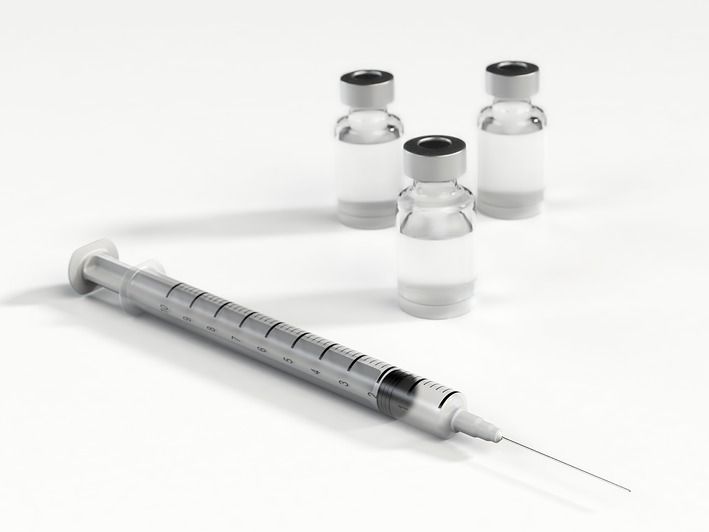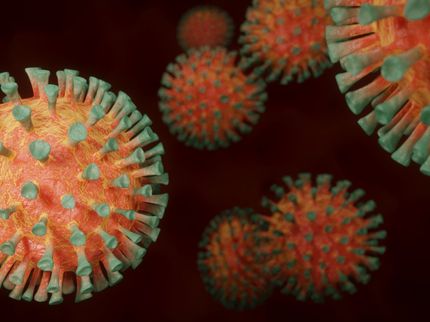Improving vaccine formulations
Advertisement
vaccines help prevent and fight infections, but they need extra help from added “adjuvants” to elicit a robust immune response.

qimono; pixabay.com; CC0
Lipopolysaccharide (LPS), a component of the outer membrane of Gram-negative bacteria, activates the innate immune system when it binds to the toll-like receptor 4 (TLR4) complex on blood cells. However, LPS can induce a potentially deadly syndrome called endotoxin shock, which limits its use.
Monophosphoryl lipid A (MPLA), which is derived from LPS, induces an effective immune response with less toxicity, but how these two adjuvants differ in triggering genes in white blood cells is not well known.
Now, in the first-ever study done in human blood, Edward Sherwood , M.D., Ph.D., and colleagues isolated RNA from the blood of volunteers exposed to MPLA or LPS, and identified genes that get turned on differentially.
They show that MPLA is less potent in turning on pro-inflammatory genes and activating the NLRP3 inflammasome, while maintaining an otherwise strong immune response. This finding supports its use as an attractive vaccine adjuvant.
Original publication
Liming Luan, Naeem K. Patil, Yin Guo, Antonio Hernandez, Julia K. Bohannon, Benjamin A. Fensterheim, Jingbin Wang, Yaomin Xu, Perenlei Enkhbaatar, Ryan Stark & Edward R. Sherwood; "Comparative Transcriptome Profiles of Human Blood in Response to the Toll-like Receptor 4 Ligands Lipopolysaccharide and Monophosphoryl Lipid A"; Scientific Reports; 2017





















































